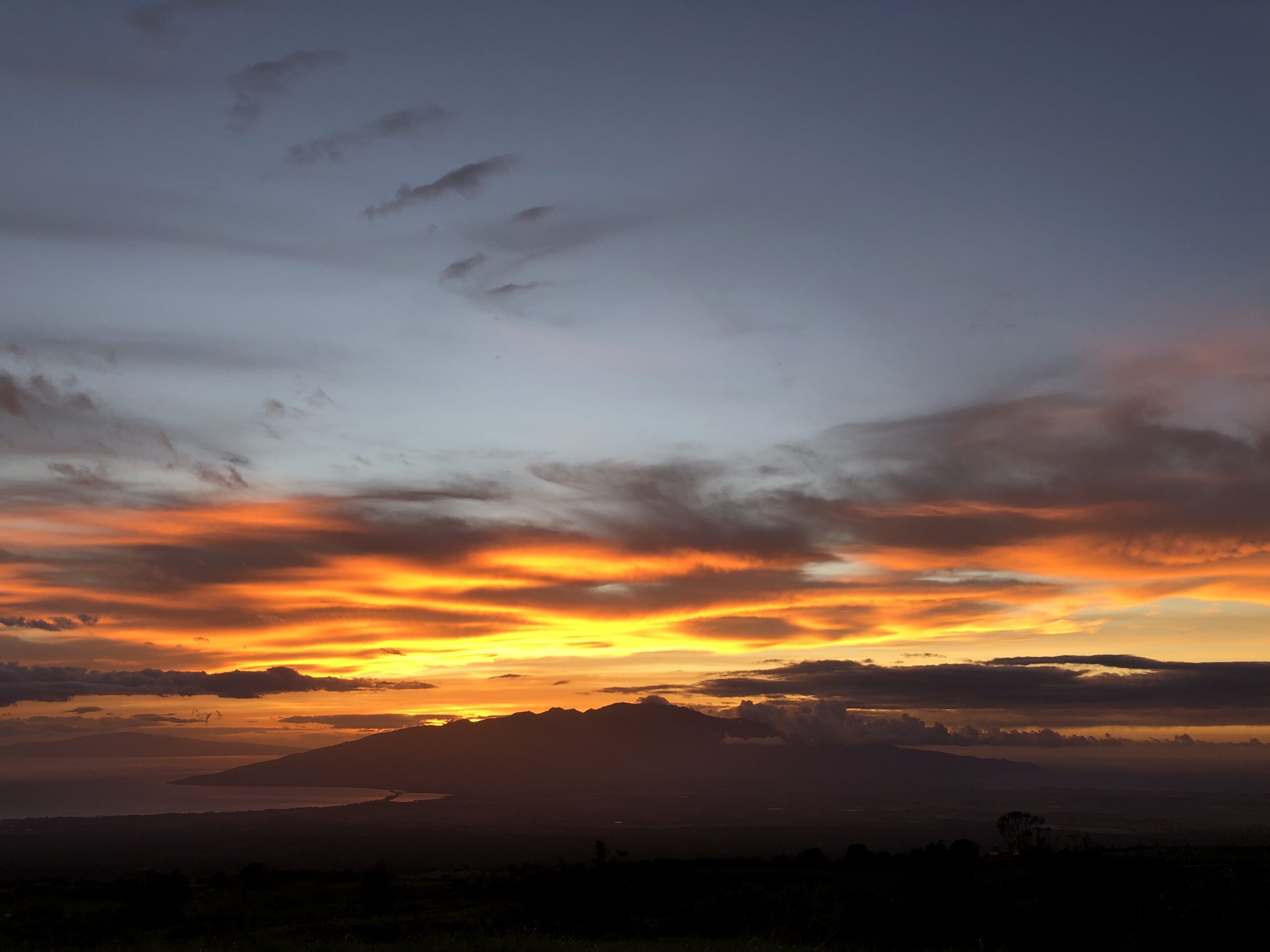
“If I really want people to be free, it’s not about my comfort. I’ve been comfortable long enough in this privilege.”
— EbonyJanice addressing the necessity of white womxn de-centering our (yes, my!) own comforts if we intend to dismantle the unbearably violent systems of white supremacy that have our country in a chokehold. In conversation with Layla F. Saad and Sinikiwe Dhliwayo of Naaya, this virtual salon discussion about “The Power Dynamics of White Women and Women of Color” could not be more timely.
I see a lot of shock, anger, denial, and exhaustion circulating—two weeks ago Alison Roman, then Lana del Rey, then the murders of Nina Pop, Sean Reed, Ahmaud Arbery, Breonna Taylor, George Floyd, and Tony McDade, the racist Central Park hysterics of Amy Cooper, and so much more. I see a lot of white people unable to accept that many things, horrible and good, can be true at once. I see a lot of us unable to accept that these systems of white supremacy have been functioning around and within us since long before we were born, in the air we breathe, the food we eat, the places we call home, the people we love and cherish. I see a lot of us unwilling to accept our part in the dismantling. Unwilling to process how Amy Cooper could be white, liberal, feminist, and profoundly racist. Unwilling to be even a little bit uncomfortable. To accept that these horrors are not new, are not “symptoms of a time,” that they are the absolute epitome of our country functioning the exact way it was designed, upholding the systems of radical inequity upon which it was founded.
If I really want to upend these centuries-old systems of oppression, I must do the work myself. The problem is not just *out there*. It is in the white mind defaulting to blame someone else, refuse accountability, claim “wokeness”, disinterest, tiredness, or bad timing. It is in the white mind’s refusal of discomfort because it’s never had to accept discomfort as a way of life—as BIPOC, LGBTQIA+, and differently abled people do every day. It is in the way whiteness functions as a hegemonic centering force within us, all the time. All of us.
So you tell me: When is a good time to insist on the freedom of all human beings? Because I’m ready now. This is not the time for guilt and overwhelm. It’s time to take action.
As Layla F. Saad said in “The Power Dynamics of White Women and Women of Color”:
Solidarity is not white people saving Black and Indigenous People of Color. We do not need to be saved. We are so smart. We are so capable. We are so talented. We are so brilliant. We are good. We don’t need you to come and “help us.” We don’t need you to come and save us.
But what we do need you to do is first be looking inside yourself constantly, to be examining and dismantling the ways in which you have been conditioned into white supremacy. And then secondly, making it your number one priority to be confronting the systems that you interact with in your life, the systems that you interact with at school, at work, in the government, wherever those places are that you have a presence and you interact—we need you to be in those spaces, really thinking about: what is my work here to keep chipping away at that wall, so this thing eventually becomes dismantled.
But don’t worry about saving us. We’re good. We’re really good.
Are you ready to begin confronting those systems? Start here:
Watch and listen to the video replay of “The Power Dynamics of White Women and Women of Color”: Send $22 via PayPal to PayPal.me/naayawellness. Email your receipt to contact@naayawellness.com, and the video link will be sent to you. Plenty of action items to follow from that conversation, including…
Order Layla F. Saad’s NYT bestselling workbook Me & White Supremacy. And then actually do it. I am so grateful for this work in my life. Make it a part of yours.
Donate to the ACLU, The Bail Project, the Equal Justice Initiative, the NAACP Legal Defense Fund, Black Visions Collective, and the Minnesota Freedom Fund to support our fellow Americans who are being arrested and whose loves are in danger as they protest state-sanctioned violence. Even a small amount helps.
To read: This Google doc is being circulated widely, offering a plethora of anti-racism resources to read, listen to, watch, and more.
Highlights for me:
Me & White Supremacy by Layla F. Saad, a workbook that provides a thorough anti-racism education in an interactive format, allowing you to examine your own experiences and obstacles to freedom. I can’t recommend more.
The Great Unlearn with Rachel Cargle
White Privilege: Unpacking the Invisible Knapsack by Peggy McIntosh
White Fragility: Why It’s So Hard for White People to Talk About Race by Robin DiAngelo
So You Want to Talk About Race by Ijeoma Oluo
To listen: 1619 from the New York Times
Seeing White from the Duke Center for Documentary Studies
Intersectionality Matters! with Kimberlé Crenshaw
To watch: This video from Light Watkins, on the subject of breaking white silence, in response to white people asking what they can do.
To do: Though I introduced the influencer inclusion rider for people in that particular niche, the contract addendum can be used for any kind of work. It’s one way to integrate anti-racism efforts into your work-work.



